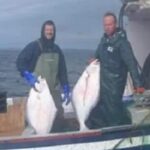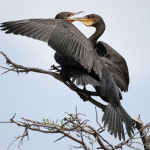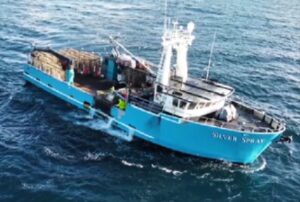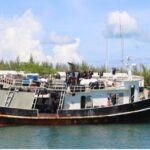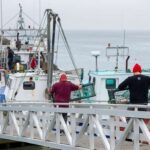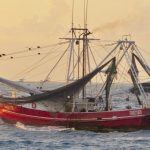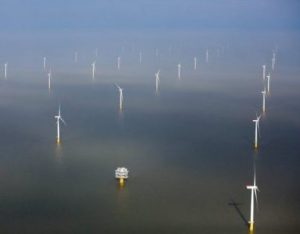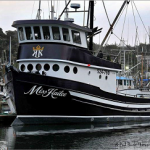Tag Archives: storm runoff

Editorial: State orders will harm salmon fisheries
During recent droughts, low river flows and warm water have proved to be a lethal combination for salmon and other fish in the Sacramento River and its tributaries. State waivers of water quality regulations in six of the past 10 years didn’t help beleaguered fisheries. January’s drenching rains dramatically improved river conditions across the state, raising hopes for winter run chinook salmon. But the storms also generated a cascade of complaints about water being “wasted.” In other words, storm runoff flowed through the Sacramento-San Joaquin Delta and into the Pacific Ocean. Gov. Gavin Newsom responded by suspending environmental regulations so more water is available this summer for Central Valley agriculture, a decision affirmed last week by the state Water Resources Control Board. >click to read< 09:56
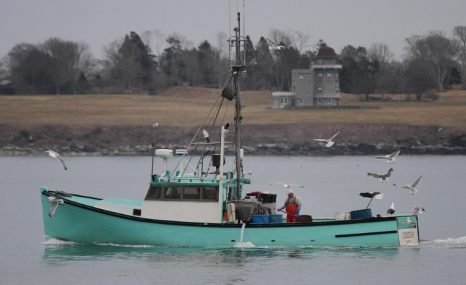
Fishermen: Narragansett Bay cleanup might be doing harm
Narragansett Bay is cleaner and clearer than it’s been in decades. But after huge strides in treating wastewater and controlling storm runoff, some are asking a question that would have been unthinkable just a few years ago about what is arguably Rhode Island’s most valuable natural resource: Is the Bay too clean? Fishermen are raising the issue after seeing steep declines in numbers of flounder, lobster and other species that were once so abundant that they formed the bedrock of their industry. It has gotten bad enough that lobsterman Al Eagles says that he and others now call the Bay “Chernobyl,” a reference to the site of the devastating Soviet-era nuclear disaster. click here to read the story 09:20
Waste Water Treatment Plants: Once home to thriving aquaculture, Great Bay is under great strain – You can see it in the lack of eelgrass beds that used to cover thousands of acres of tidal flats. These new treatment plants have filtered or poisoned most of the nutrients from the Piscataqua River and the many other rivers that serve their municipalities that dump their now super-treated effluent into the tidal water, now so sterile and lacking in nutrients and full of poison that plants and animals cannot survive. click here to read the story

































